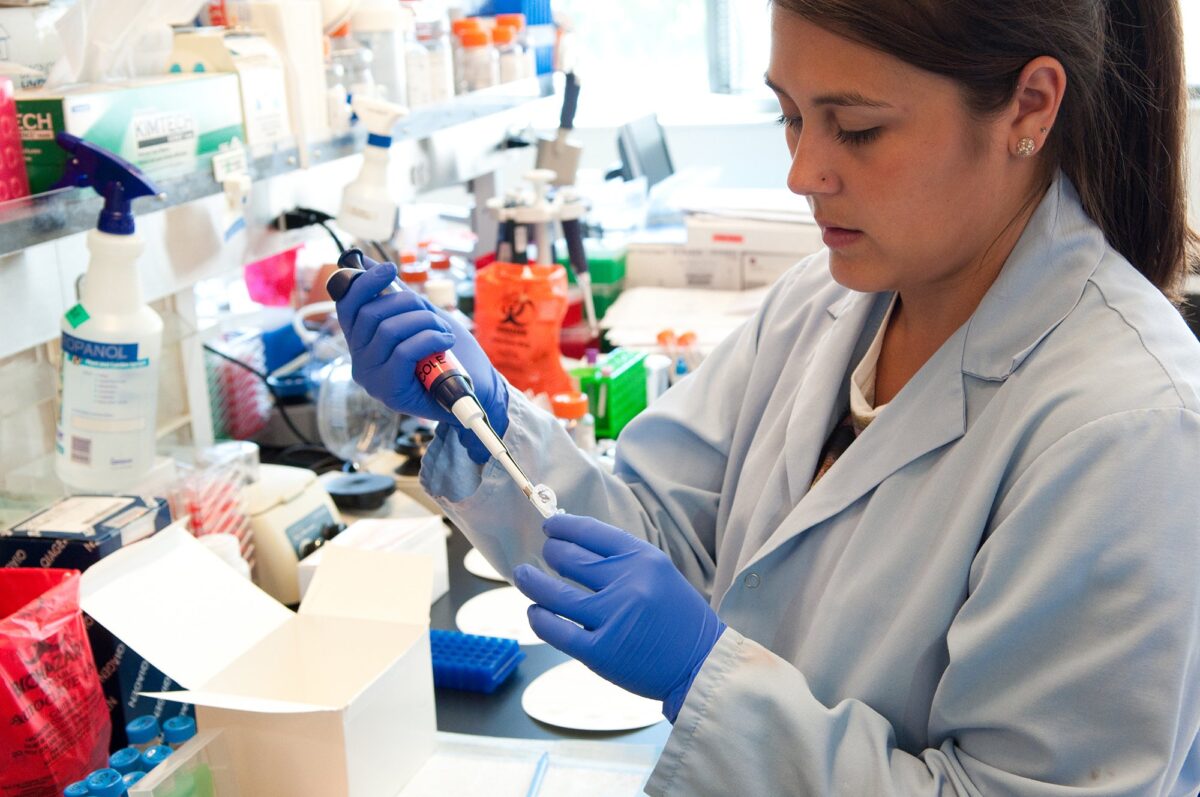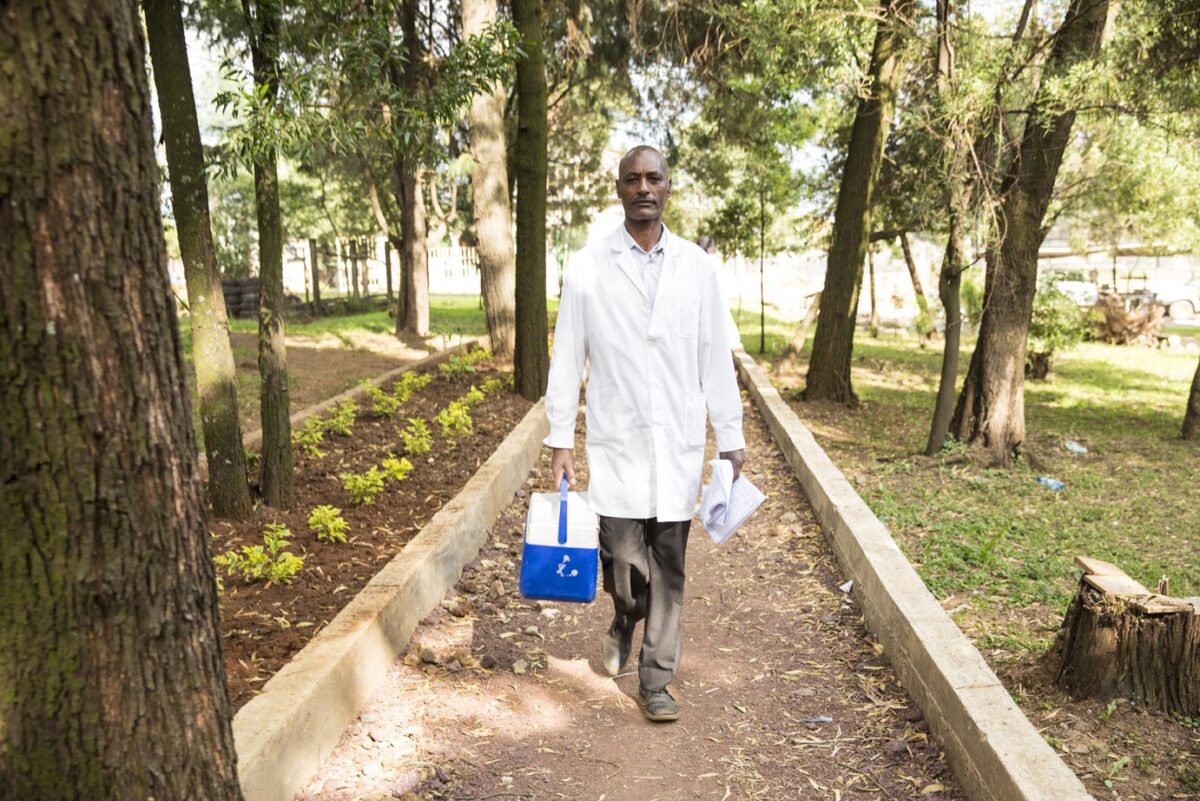Leveraging the research, collaborations and commercialisation successes in contributing to Singapore’s fight against the global COVID-19 pandemic, Duke-NUS Medical School today announced that it is working with the Bill and Melinda Gates Foundation to develop the Asia Pathogen Genomics Initiative (APGI) to contribute to regional pandemic preparedness by improving genomic surveillance. Duke-NUS also launched a new regional centre to strengthen regional research capacity, cooperation and preparedness for future pandemic and public health threats.
Called the Centre for Outbreak Preparedness (COP), it will collaborate with key public sector partners and research institutions, as well as overseas partners such as the Bill & Melinda Gates Foundation and the World Health Organization (WHO). COP will leverage Duke-NUS’ strong partnerships around the world, with particular focus on research institutes in South and Southeast Asia to increase the region’s research capacity and capabilities.



